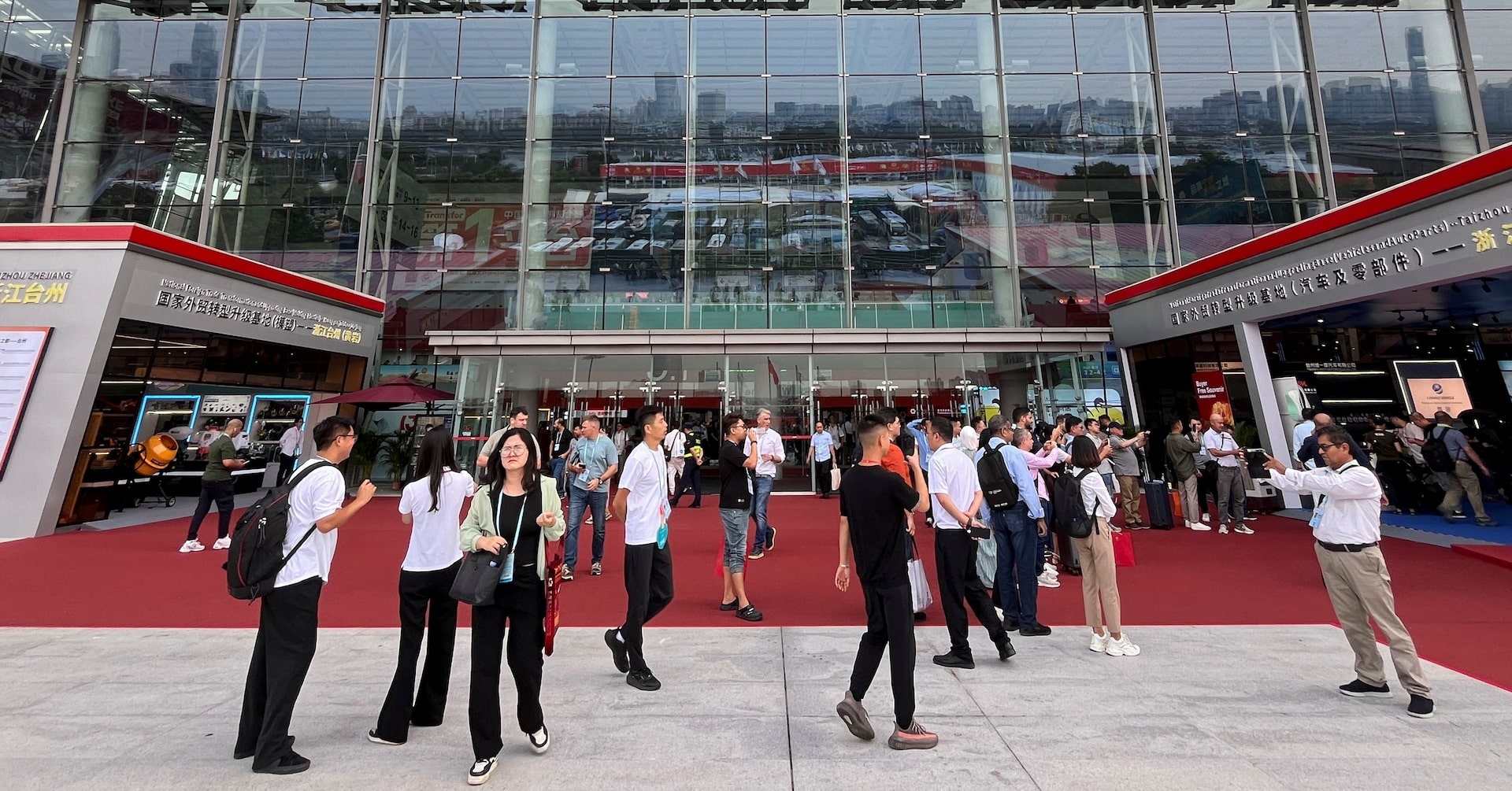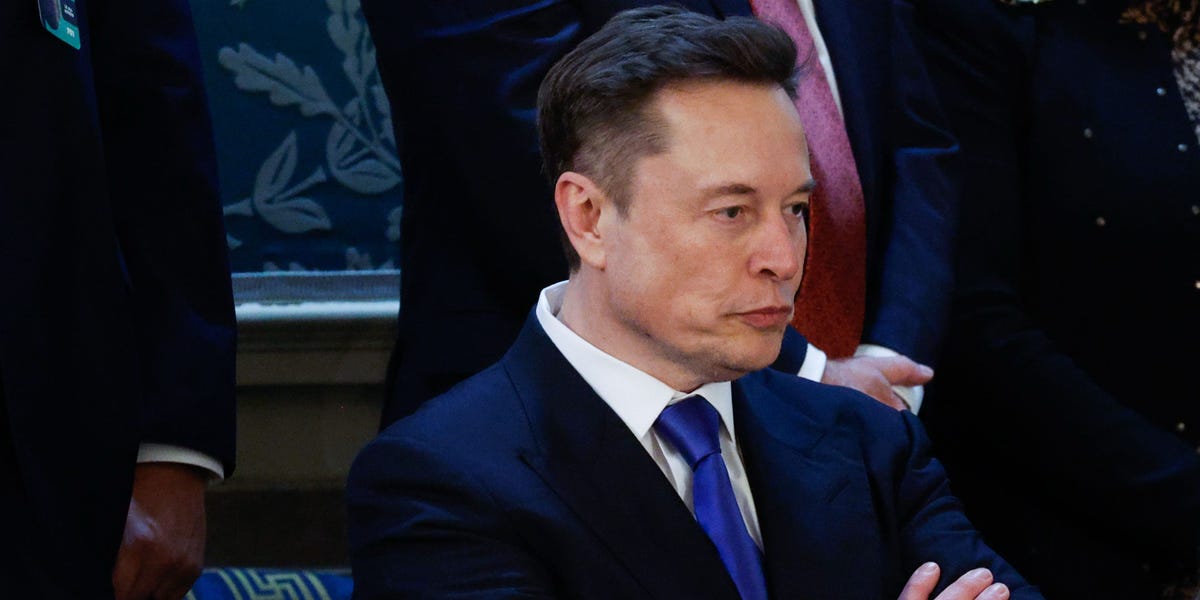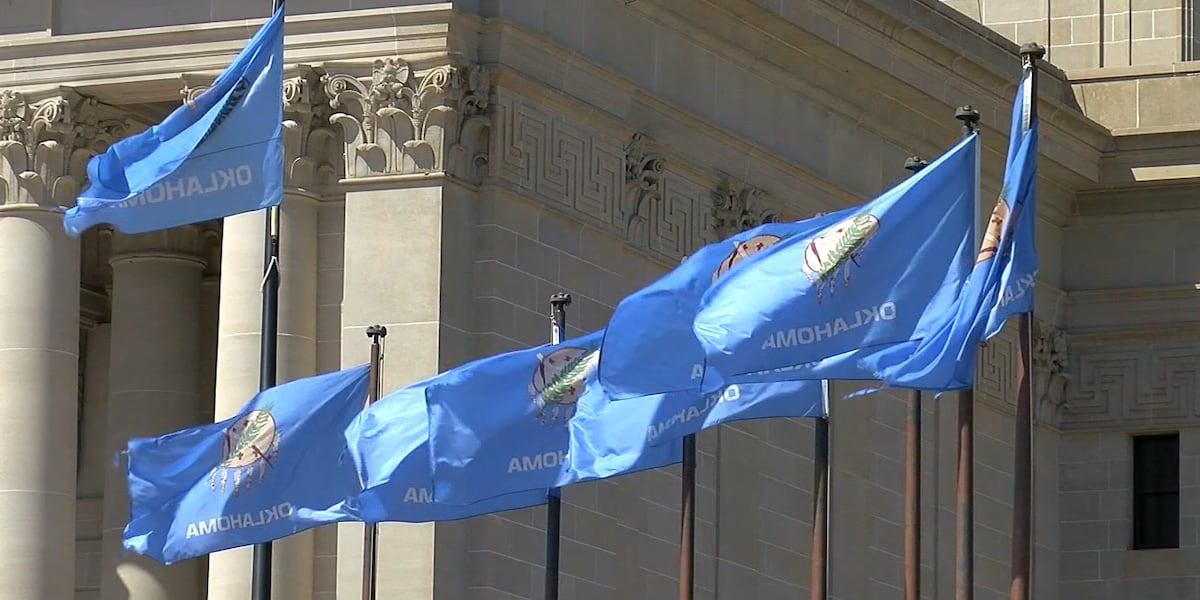Beijing's Dual Strategy: Wooing Taiwan's Business Sector While Tightening Political Grip
Business
2025-04-22 05:32:22Content

In a striking demonstration of cross-strait economic engagement, approximately 40,000 Taiwanese professionals participated in government-backed industry events in China during 2024, according to a recent study. This significant turnout highlights Beijing's multifaceted approach of blending diplomatic charm with strategic economic outreach toward Taiwan.
The study reveals a growing trend of Taiwanese business leaders and professionals attending conferences and trade fairs across the mainland, despite ongoing political tensions. These events, strategically supported by the Chinese government, serve as platforms for networking, knowledge exchange, and potential business collaborations.
This surge in participation comes amid a complex backdrop of diplomatic pressure and military posturing, underscoring the nuanced relationship between Taiwan and China. While military tensions remain high, economic and professional interactions continue to evolve, offering a glimpse into the intricate dynamics of cross-strait relations.
The data suggests that despite political differences, economic opportunities and professional connections continue to draw Taiwanese professionals to mainland events, reflecting the deep-rooted economic interdependence between the two regions.
Taiwan's Economic Engagement: Navigating the Delicate Dance with China's Strategic Outreach
In the complex geopolitical landscape of cross-strait relations, Taiwan finds itself at a critical juncture, balancing economic opportunities with strategic diplomatic challenges. The intricate interplay between economic cooperation and political tension continues to shape the region's dynamics, presenting both risks and potential pathways for meaningful engagement.Bridging Divides: Economic Diplomacy in Action
The Magnetic Pull of Chinese Industry Events
The remarkable surge of Taiwanese participation in Chinese-supported industry events reveals a nuanced narrative of economic interdependence. In 2024, approximately 40,000 Taiwanese professionals ventured into conferences and trade fairs orchestrated by the Chinese government, signaling a complex web of economic attraction despite underlying political tensions. This phenomenon represents more than mere statistical data; it illuminates the profound economic gravitational pull that transcends geopolitical boundaries. These industry gatherings serve as critical platforms for knowledge exchange, technological collaboration, and potential business opportunities. Taiwanese entrepreneurs and professionals navigate a delicate diplomatic terrain, leveraging economic interactions while maintaining strategic awareness of the broader geopolitical context. The sheer volume of participation underscores the economic pragmatism that drives cross-strait interactions.Strategic Implications of Economic Engagement
Beijing's calculated approach combines soft power diplomacy with strategic economic overtures, creating a multifaceted engagement strategy. By hosting industry events that attract Taiwanese professionals, China demonstrates its ability to exert economic influence while simultaneously applying subtle diplomatic pressure. This approach represents a sophisticated mechanism of cross-strait relationship management, where economic incentives become instruments of broader geopolitical strategy. The participation of Taiwanese professionals in these events signals a complex negotiation of national interests. While economic opportunities beckon, participants must carefully balance potential benefits against potential political ramifications. Each interaction becomes a nuanced diplomatic dance, where economic pragmatism meets strategic national considerations.Technological and Professional Exchange Dynamics
Beyond mere numerical participation, these industry events facilitate critical technological and professional exchanges. Taiwanese professionals bring world-class expertise in semiconductor technology, advanced manufacturing, and innovative technological solutions. Their engagement represents not just individual career opportunities but potential channels for broader technological collaboration. The events provide unprecedented platforms for networking, knowledge transfer, and potential collaborative projects. Taiwanese professionals leverage these interactions to gain insights into emerging market trends, technological innovations, and potential business partnerships. Each conference becomes a microcosm of potential cross-strait cooperation, transcending political boundaries through shared economic and technological interests.Navigating Diplomatic Complexities
The increasing participation of Taiwanese professionals in Chinese-supported events occurs against a backdrop of persistent military and diplomatic tensions. Beijing's simultaneous deployment of charm offensive strategies and military pressures creates a multidimensional engagement environment. Taiwanese participants must continuously recalibrate their approach, balancing economic opportunities with national security considerations. This delicate navigation requires sophisticated diplomatic and professional acumen. Participants become de facto diplomatic actors, representing not just individual economic interests but broader national strategic considerations. Their interactions become subtle forms of soft diplomacy, potentially creating alternative channels of communication and understanding.Future Trajectory and Potential Outcomes
The trend of increasing Taiwanese participation in Chinese industry events suggests a potential trajectory of cautious economic engagement. While political tensions remain unresolved, economic pragmatism appears to be creating unexpected pathways of interaction. These developments hint at the possibility of nuanced, mutually beneficial relationships that transcend traditional diplomatic confrontations. As global economic landscapes continue to evolve, such cross-strait interactions may represent emerging models of international economic diplomacy. The ability to maintain professional exchanges despite political complexities demonstrates the resilience and adaptability of economic actors in navigating challenging geopolitical environments.RELATED NEWS
Business

Beyond the Pitch: Andrés Iniesta's Playmaking Strategy for Business Success
2025-04-19 01:47:15
Business

Floating Luxury Redefined: Norwegian Cruise Ships Transform into Exclusive Maritime Residences
2025-04-07 21:04:21
Business

AI Startup 1Fort Secures $7.5M to Revolutionize Business Insurance Landscape
2025-04-17 23:39:07





